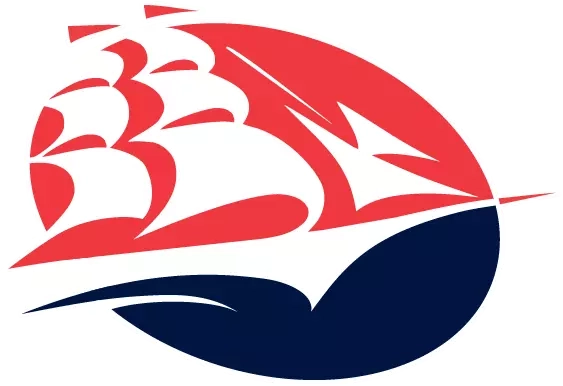Marine Science Minor
The Marine Science Minor will provide you with unique hands-on learning opportunities that will set you apart as you begin your career.
What Will I Learn?
This program covers foundational concepts and contemporary issues in marine science related to geology, physics, chemistry, biology of the oceans and our coasts. You will learn to evaluate complex interactions in marine systems and the ways in which humans impact the oceans and are impacted by the oceans. You will use the scientific method as you develop your skills with common laboratory, field techniques and equipment to solve marine science related problems.

What are the requirements for this degree?
To complete a minor in marine science, you mush complete 19 credits in the following areas:
- Biology
- Geography
- Earth science
You must also complete six credits (two courses) at the Chincoteague Bay Field Station or in another approved field course. Students are required to complete a capstone experience which can be a course-based capstone, a research-based capstone, or an internship-based capstone.
What Types of Careers Could I Get With This Degree?
This program provides students an excellent foundation for the workforce or graduate school.
Workforce projections show that jobs will be available in a growing number of industries, governmental agencies, educational organizations, non-profits, and within both commercial industries and consulting arenas. Graduates are positioned to work in geoenvironmental and biological sciences, coastal development, land use and resource management, environmental engineering, marine research, education, international relations, aquariums, aquaculture and fisheries, and more.
What Kinds of Experiences Could I Have?
You should expect to be in the field collecting raw data that will be analyzed in the laboratory or lecture setting. You’ll find yourself on boats and kayaks, and in the mud!
Students should contact:
Dr. Sean Cornell in Geography-Earth Science (srcornell@ship.edu, 717-477-1310)

